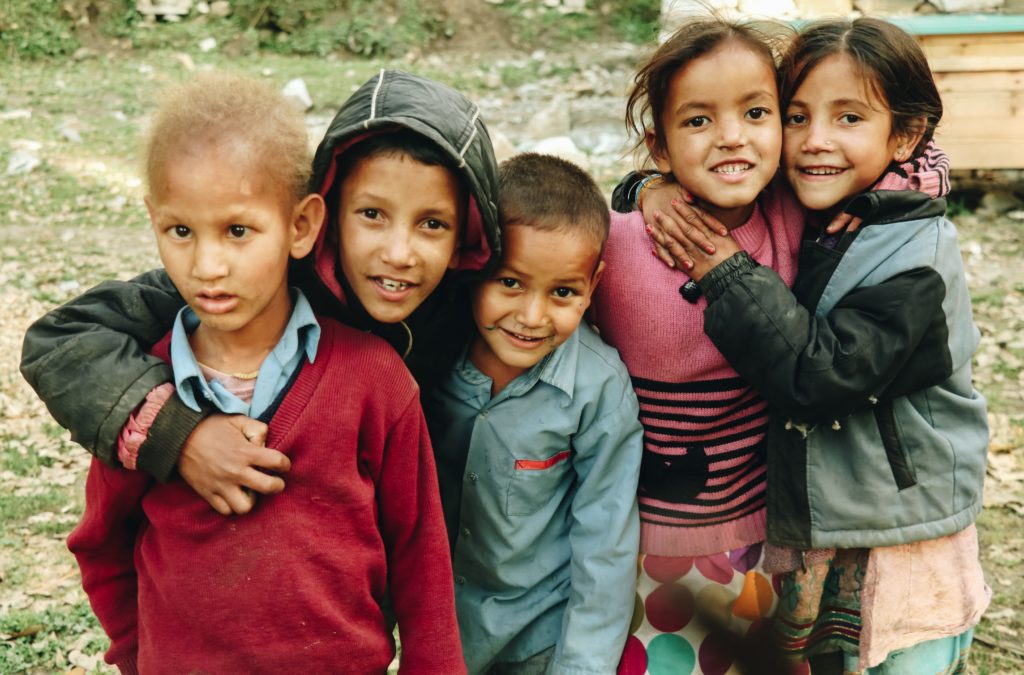As the West’s experience of COVID-19 continues into another month, I have begun noticing patience growing thin. I have noticed myself becoming more critical of decisions being made by governmental officials, and more annoyed at the inconveniences of sheltering in place. The economic decline, and potential repercussions, add to the already immense stresses of the health situation. It all feels overwhelming.
That said the extent of my personal suffering can be characterized by a slowdown of business, inconveniences at home, and various other inconveniences abroad. While I do know a few whose experiences are far worse, I would guess that approximately 95% of the people that I am close to have had experiences similar to me.
This post is for the 95%, not the other 5%.
In WORLD magazine’s May 23rd issue, there is a story about how refugees and displaced people in other parts of the world are dealing with COVID-19 (the story is entitled, “Stalling Tactics” and written by Mindy Belz and Onize Ohikere). Reading this story taught me the following:
- 26 million refugees live outside their home country
- 40 million are displaced in their own country (There are 6.2MM displaced in Syria alone).
- Refugee camps are almost everywhere: Africa, Europe, and Asia.
- Refugee camps are dense. Population density for one camp on the Greek Island of Lesbos has a density of 204 people per 1,000 square meters. Compare this to the now infamous Diamond Princess Cruise ship that had a density of 24 people per 1,000 square meters, and you see the potential for tragedy (For comparison: 712 people tested positive on the cruise ship and 9 died).
- Most of these camps lack the medical infrastructure to handle a global pandemic. One camp in Africa, for example, has one intensive care unit with 10 hospital beds and no ventilators.
And I thought I was overwhelmed?
The point of this post is perspective, education, and a challenge to do something.
My point on perspective is NOT the following, “see, things are not so bad here.” Rather, my point is that there is a larger, potentially more impactful, COVID-19 problem that many of us are not even aware of. I was not until I read the aforementioned article. This reality gives me perspective that I am dealing with “inconveniences,” not “life or death” situations.
I am also sharing because this is a leadership blog. To be someone worth following we not only have to be aware of what is going on in the world, but we also have to care enough to act.
This means the last two things: education and action.
We need to expose ourselves, and our team, to the plight of others in this world. Doing so increases our capacity for the “other,” which is the cornerstone of leadership. Caring for the “other” inevitably carries us to helping solve their problems. In the COVID-19 sense, our “first world problems” should lead to “first world innovation.” Our excess in capital, and medical supplies, could save lives.
The question is whether or not it will.
This leads to the action…
My invitation to you is to think through what YOU can do. Can your company invent something that can be used in a refugee camp? Can it help in any sort of way, even in a small way? Or, can you personally contribute to an organization already on the front line? While there are many worthy organizations that are doing this kind of work, Samaritan’s Purse is one that I recommend and support.
The point is to do something.
“They will survive on their own resources, or they will die in droves,” Steve Gumaer of Partners Relief stated.
Let’s do our best to help save lives.
Let’s put actions behind our words because that is what true leaders do.

